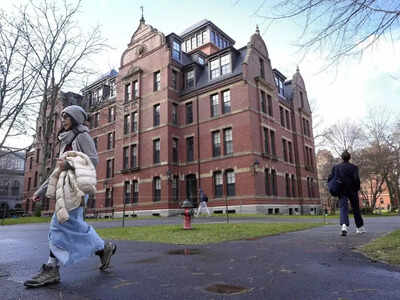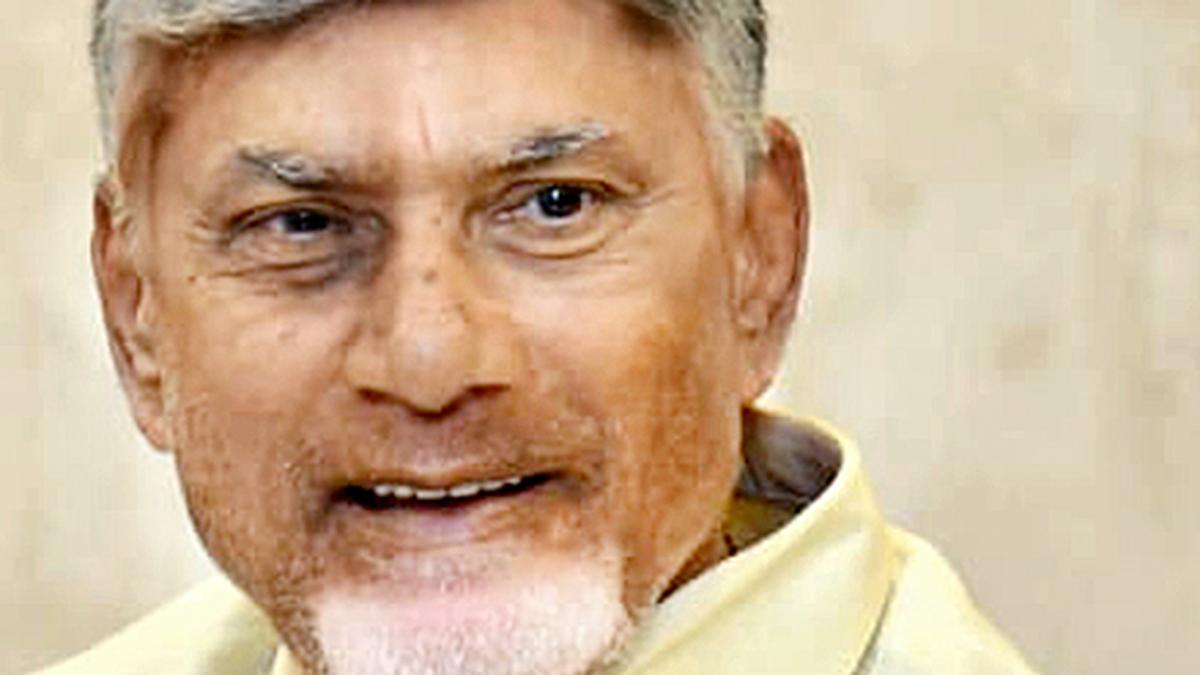ARTICLE AD BOX

Earlier this month, Harvard University’s School of Engineering and Applied Sciences (SEAS) carried out a significant round of layoffs affecting roughly 35 staff members, or about 15 percent of the school’s total workforce, according to a document obtained by The Harvard Crimson. Nearly a dozen of these positions were directly focused on student support, a development that has sparked concern among faculty and students alike.The layoffs were framed as a response to “current and future needs” of SEAS, with consideration given to “job criticality” and employee tenure. The list of affected positions was shared with employees as part of a Massachusetts requirement aimed at preventing age discrimination.
Impact on student advising
Among those impacted were Christopher Lombardo, a lecturer and adviser in the Department of Electrical Engineering, and Bryan Yoon, a lecturer in the Department of Environmental Science and Engineering. Both served as primary advisers to students in their departments, guiding them through course selection, graduation requirements, and broader academic planning. In addition to advising, they also taught courses and led student programs.
Lombardo, for instance, directed the Engineering Without Borders program and designed a course tied to it, offering students practical experience in building clean water infrastructure projects for underserved communities in Kenya and the Dominican Republic. The Harvard Crimson reports that he warned the course is unlikely to continue following his departure, describing it as “one of the only courses across Harvard College in which students were gaining essential skills and immediately putting those skills into practice.”Yoon, in a message obtained by The Harvard Crimson, expressed his connection with students, stating that the notification of his layoff “was a surprise to many” and emphasizing his fulfillment in being “your instructor, advisor, and mentor.” He noted that his responsibilities would be redistributed among faculty and SEAS staff.
Student and faculty reactions
Students have voiced their concern over the abrupt reduction in support. Kimmy G.A.
Thompson ’26, an Environmental Science and Engineering concentrator, described the loss of advisers as “a huge loss” for SEAS students, emphasizing that such roles provided essential guidance not otherwise accessible in the College. Emily Xing ’27, a student in Lombardo’s course last fall, highlighted the risk of losing an applied, mission-driven class integral to SEAS’ educational ecosystem.Lombardo also condemned the decision, telling The Harvard Crimson that student-facing layoffs run counter to the mission of SEAS and Harvard College.
Context: Budgetary pressures and University-wide trends
SEAS Dean David C. Parkes, in the official announcement of the layoffs, cited a “budgetary gap” stemming from an increase in the endowment tax, a drop in the indirect research cost reimbursement rate from the federal government, and changes in research funding allocation. Unlike prior cuts at Harvard’s School of Public Health and the Kennedy School, which mainly affected administrative staff and researchers, these layoffs directly impacted undergraduate-facing positions for the first time.The decision highlights a growing tension between fiscal constraints and the provision of personalized academic support. Students and faculty argue that roles like those held by Lombardo and Yoon are integral to the learning experience, providing mentorship and practical engagement that traditional coursework alone cannot deliver.
Looking ahead
The SEAS layoffs underline the broader challenge universities face in balancing budgetary pressures with student engagement. For departments like Electrical Engineering and Environmental Science and Engineering, the absence of dedicated advisers raises questions about continuity, mentorship, and the ability to sustain programs with direct community impact.As Harvard navigates these cuts, students, faculty, and administrators are left grappling with the implications for educational quality, mentorship, and the long-term role of student-facing staff in shaping academic experiences.

 8 hours ago
5
8 hours ago
5









 English (US) ·
English (US) ·